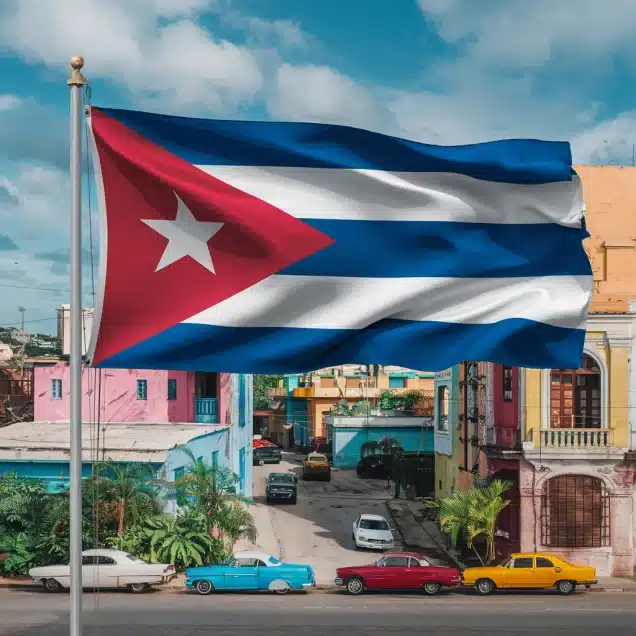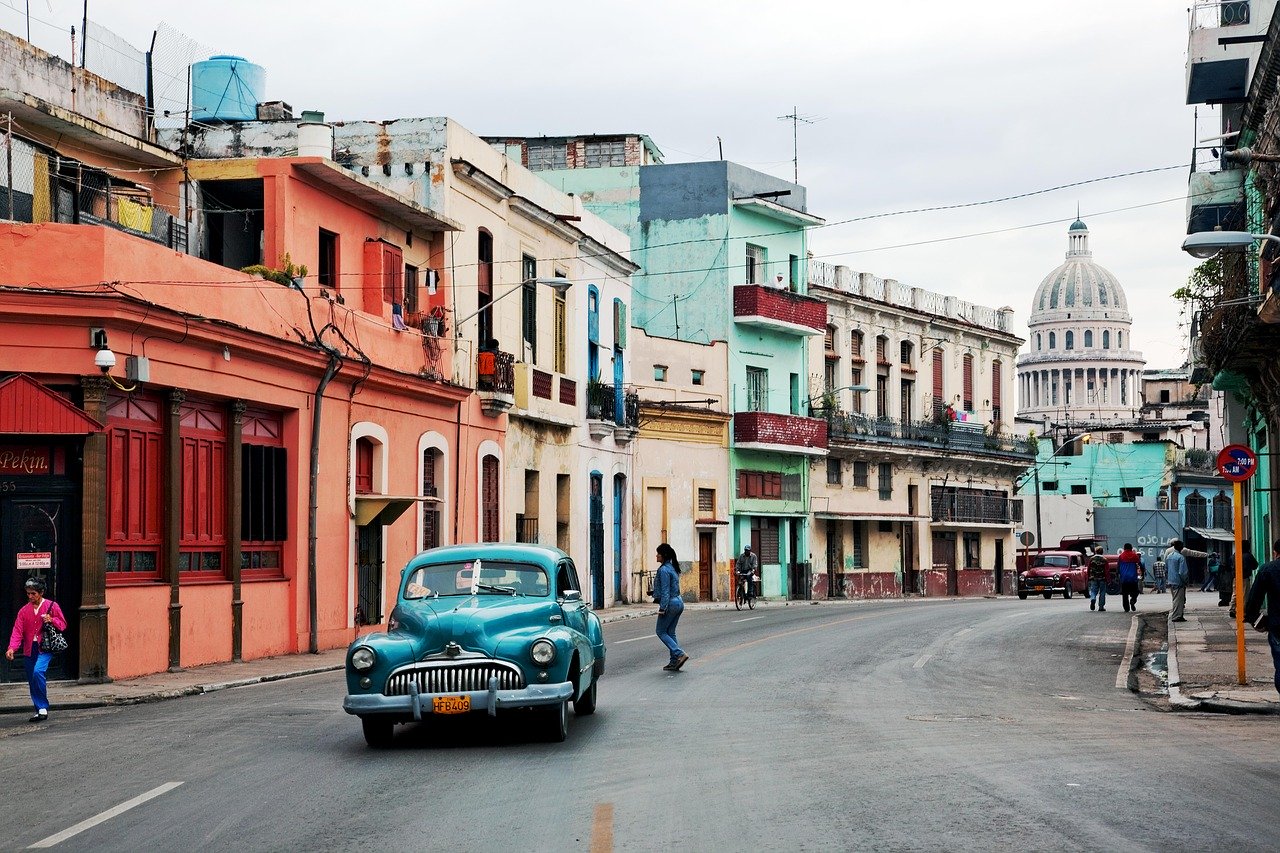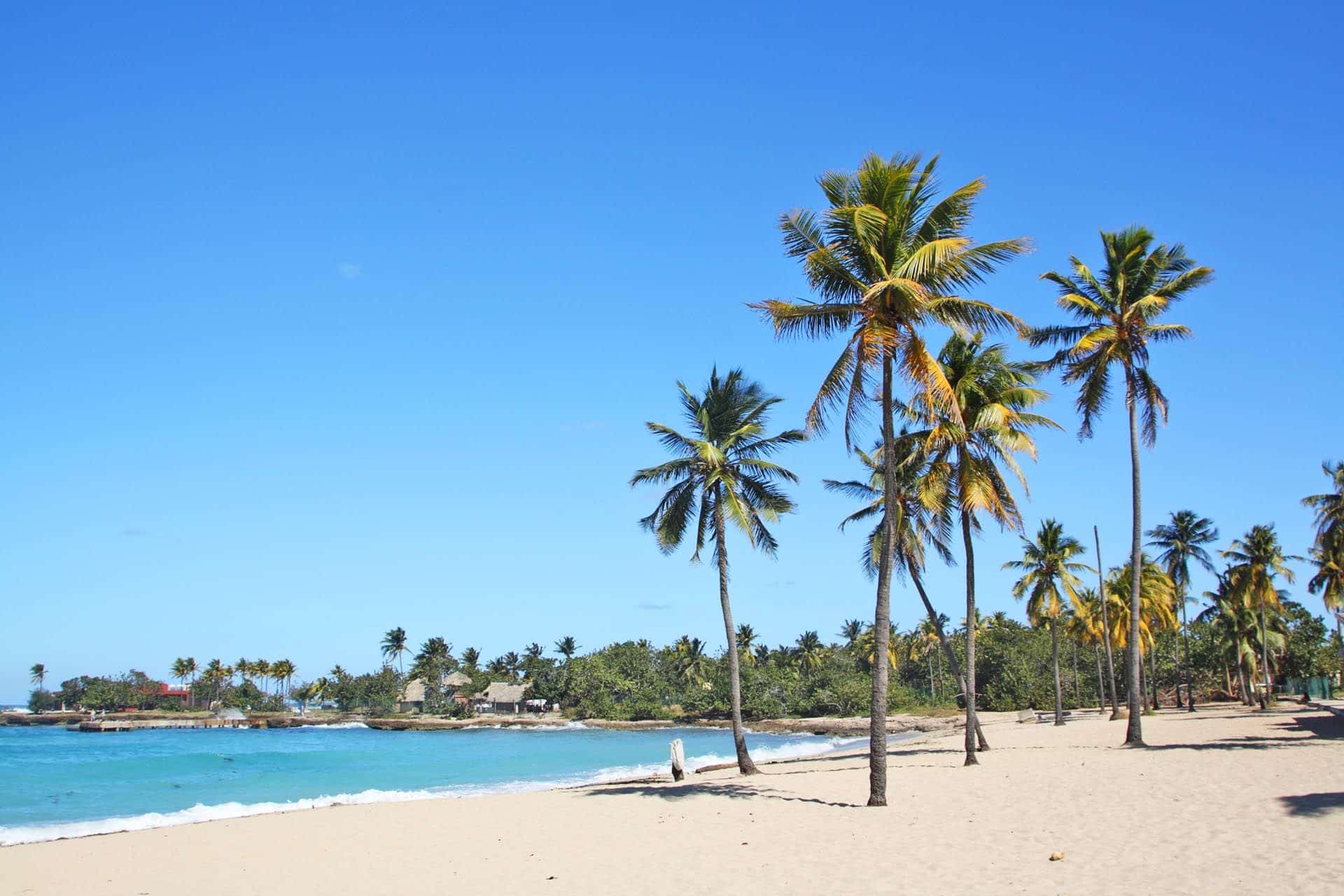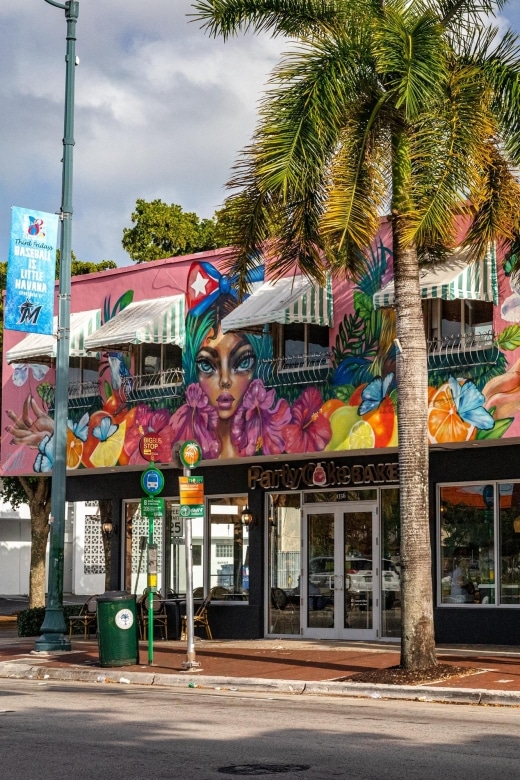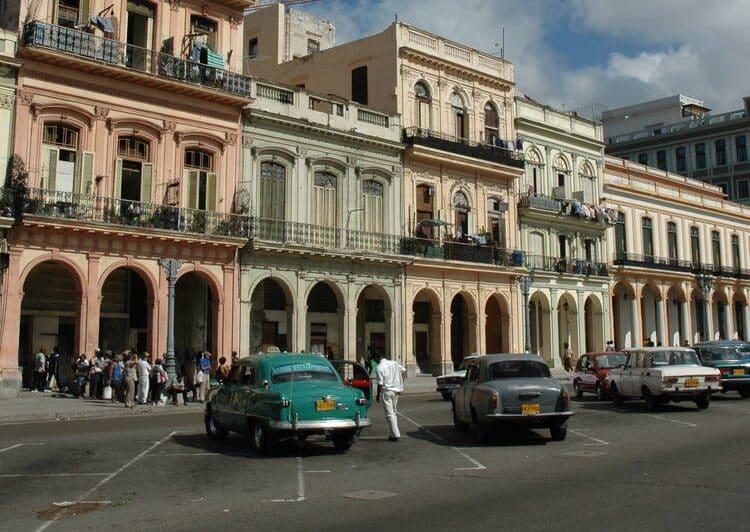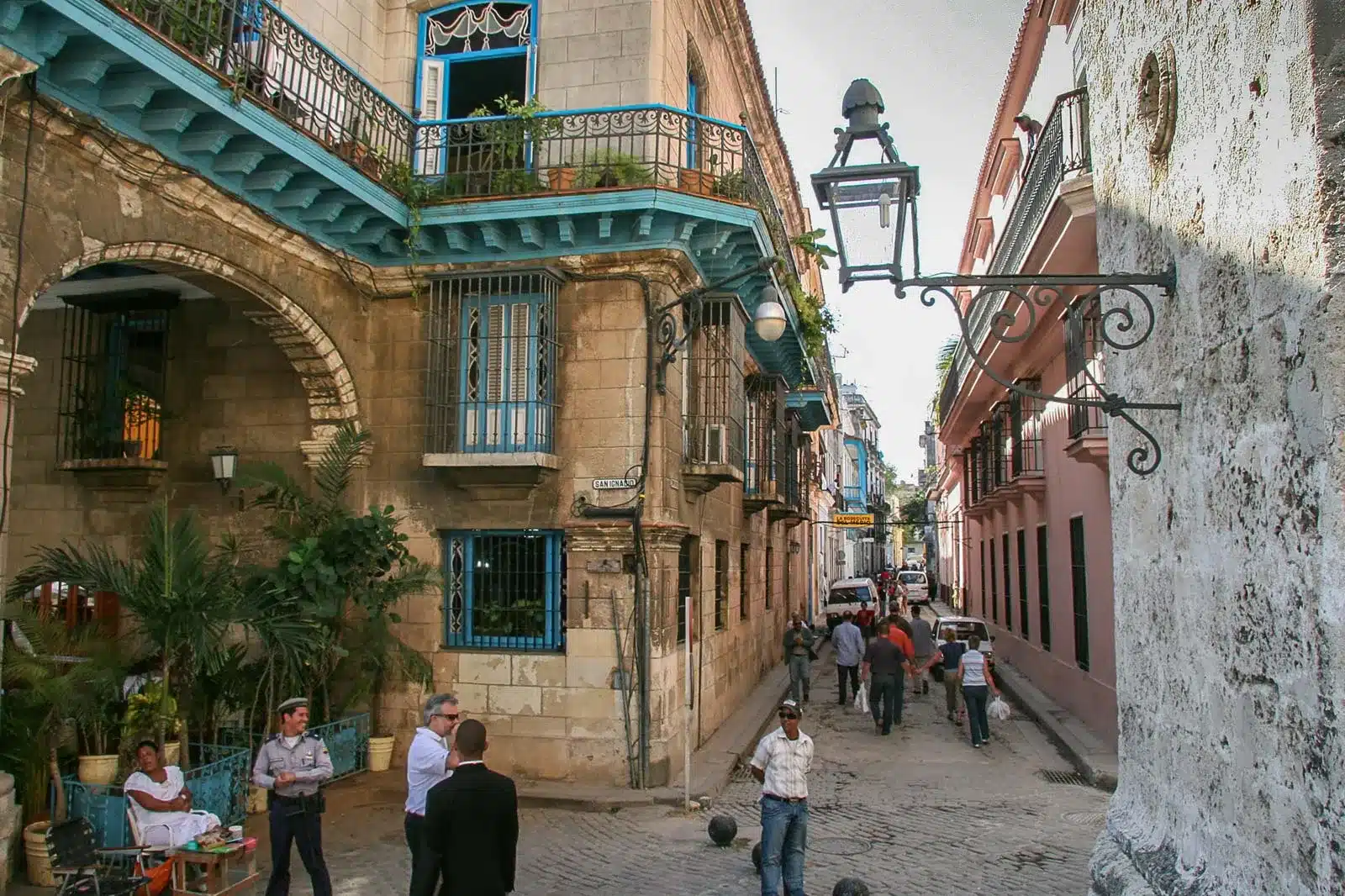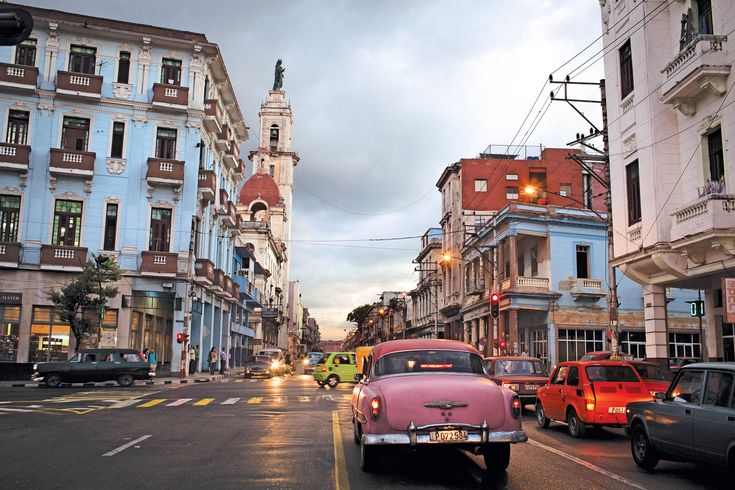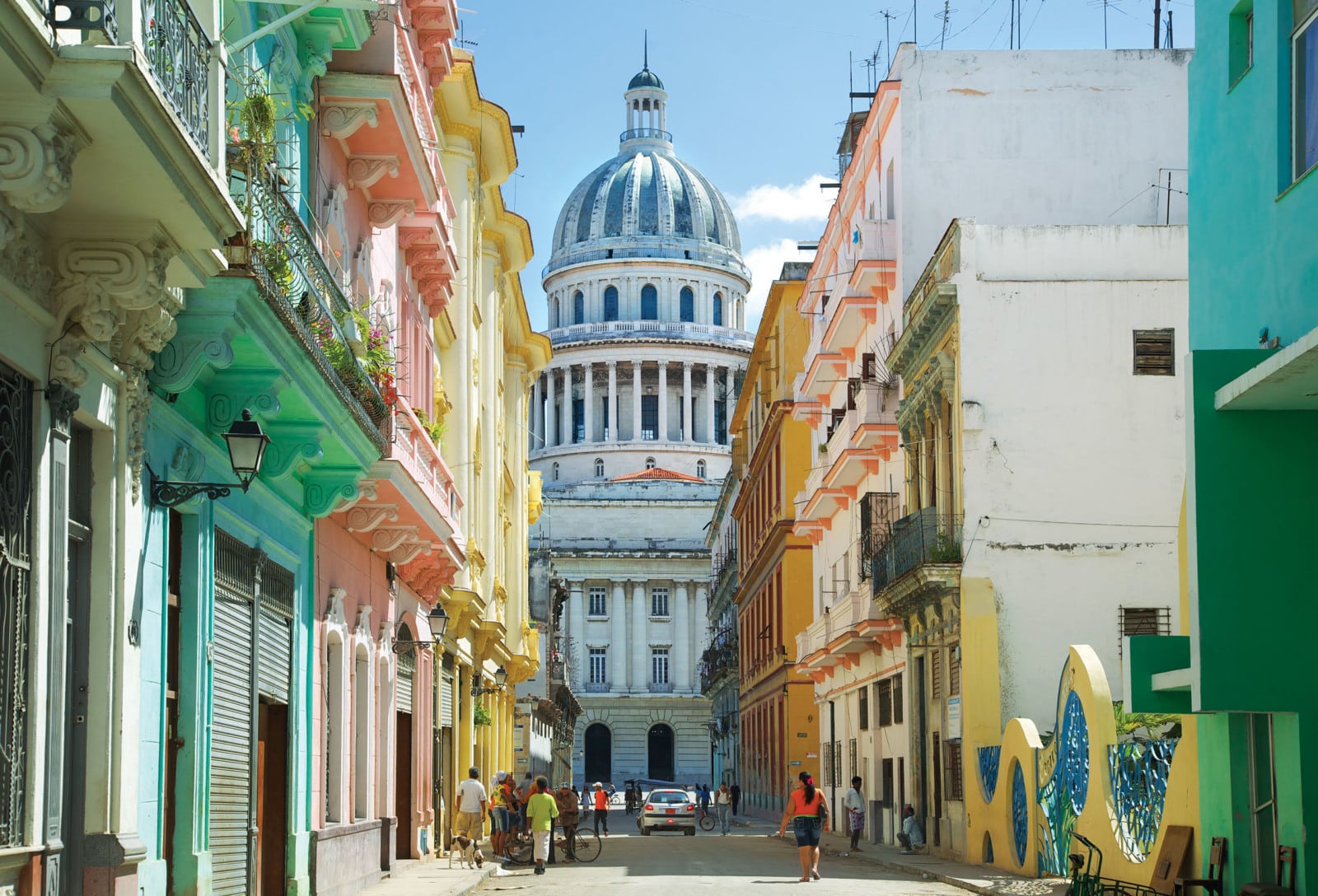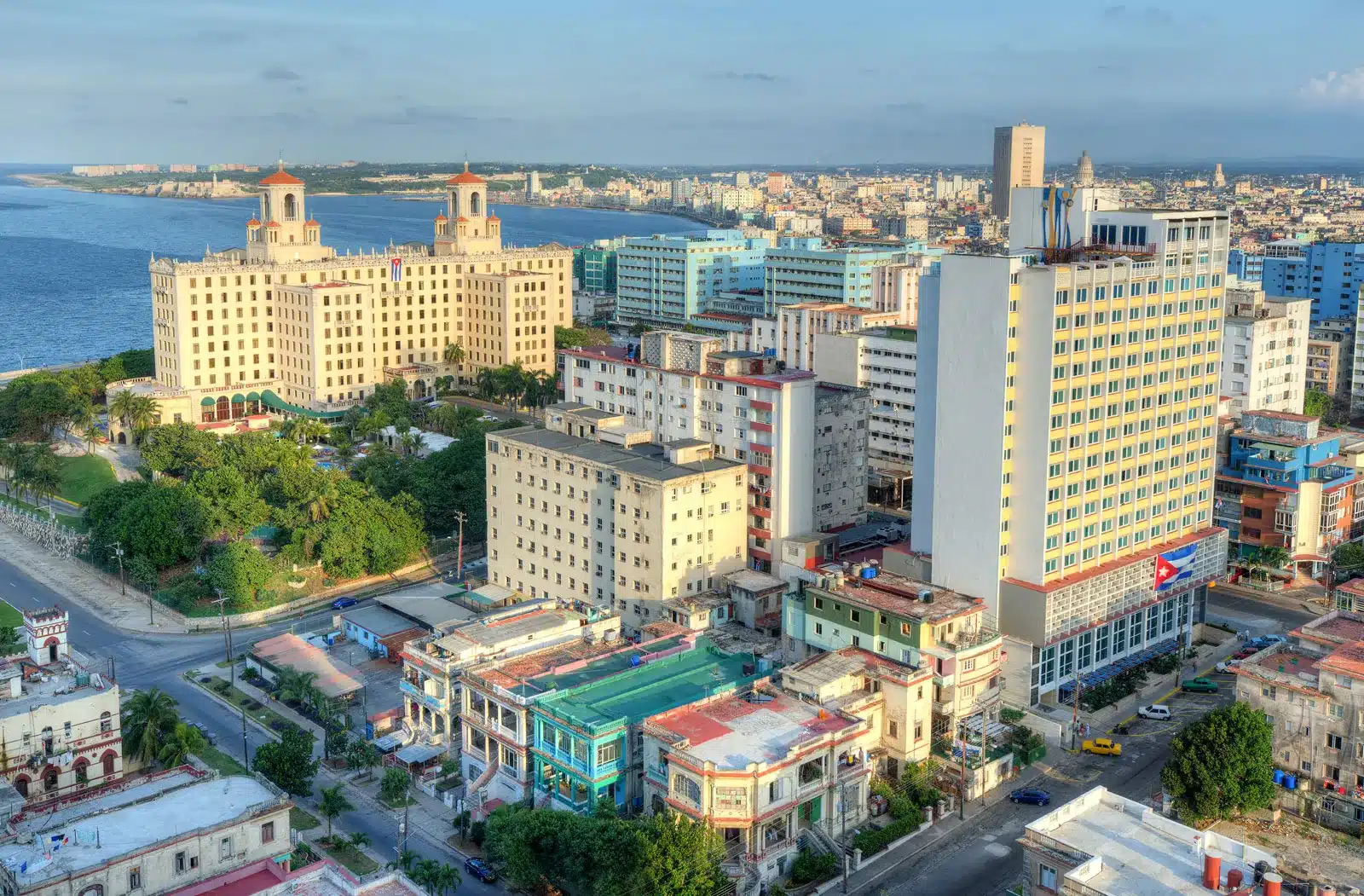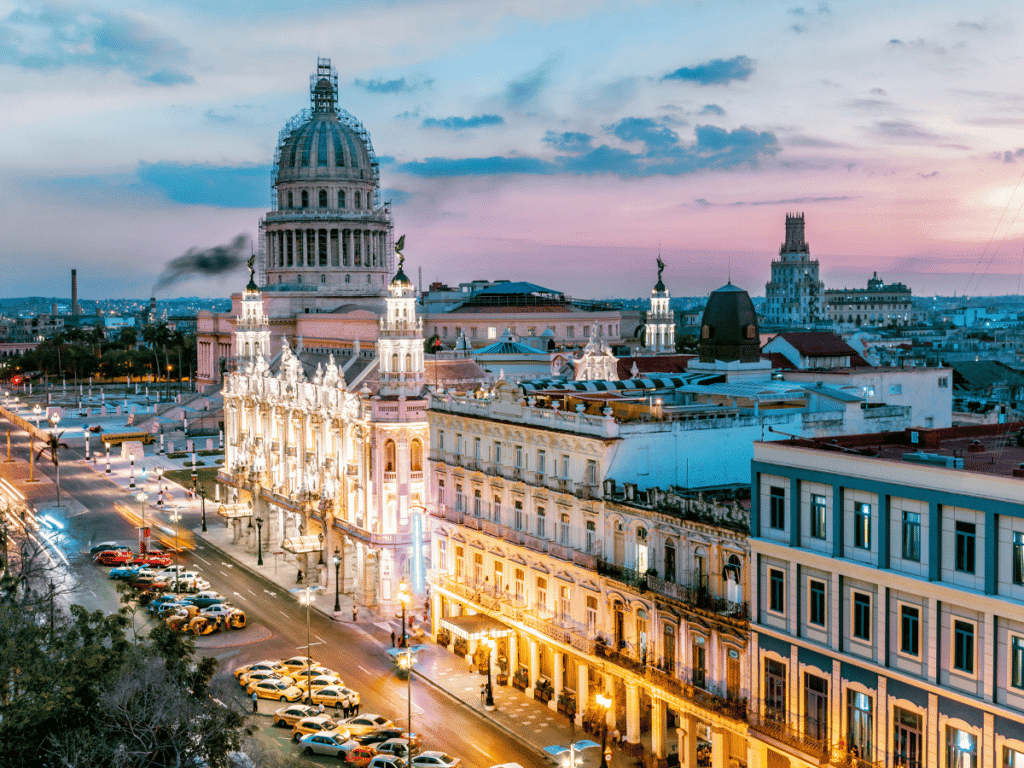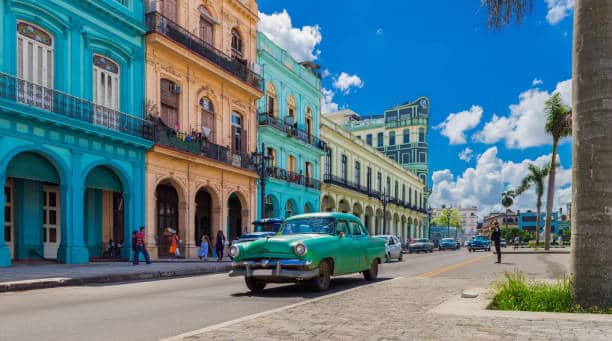

Discover Cuba
Sights
Map
Info
Cuba offers visitors an unforgettable experience with its rich history, cultural vibrancy, and unique way of life. To make the most of your trip, it’s important to be informed about visa and passport requirements, transportation and accommodation options, as well as dining and cultural practices. Additionally, practical details about technology, communication, and shopping will enhance your travel experience.
Visa and Passport Requirements
Tourist Card: Most visitors need a tourist card (tarjeta de turista) to enter Cuba.
Passport Validity: Your passport must be valid for at least six months beyond your planned departure date from Cuba.
Travel Insurance: Proof of travel health insurance is required upon entry into Cuba.
Transportation
Taxis: Both official and unofficial taxis are common; fares are often negotiated.
Viazul Buses: These are popular for intercity travel among tourists, offering a reliable and comfortable option.
Car Rentals: Renting a car is possible, but due to road conditions and fuel limitations, careful planning is necessary.
Accommodation
Casas Particulares: Staying in a private home offers an authentic experience and a chance to connect with local families.
Hotels: Various hotel options are available in tourist areas like Havana and Varadero.
All-Inclusive Resorts: These resorts, especially in coastal areas, provide a hassle-free stay with all amenities included.
Dining
Paladares: Privately owned restaurants where you can enjoy local Cuban dishes.
Local Cuisine: Traditional dishes like ropa vieja and arroz con pollo are must-tries.
Fruits and Fresh Produce: Cuba is known for its tropical fruits and fresh seafood, which are staples in many meals.
Cultural Considerations
Friendly Conversations: Cubans are generally warm and welcoming; engaging in friendly conversation is common.
Tipping: Tipping in restaurants and taxis is customary and an important part of income for those in the service industry.
Photography: Always ask for permission before taking photos of people, especially in official or sensitive areas.
Language
Spanish: The official language is Spanish; while English speakers can be found in major cities, learning some basic Spanish phrases is helpful.
Translation Apps: Using translation apps can help bridge the language gap.
Technology and Communication
Internet Access: Internet access is limited and usually available for a fee in Wi-Fi parks or hotels.
Local SIM Cards: Local SIM cards are available, but data plans can be expensive.
Shopping and Payment
Cash Usage: Most places accept cash; it’s often better to bring Euros or Canadian Dollars instead of U.S. Dollars.
Credit Cards: Most U.S.-issued credit cards are not accepted; cash is the most reliable form of payment.
Bargaining: Haggling is common and expected at local markets and with street vendors.

